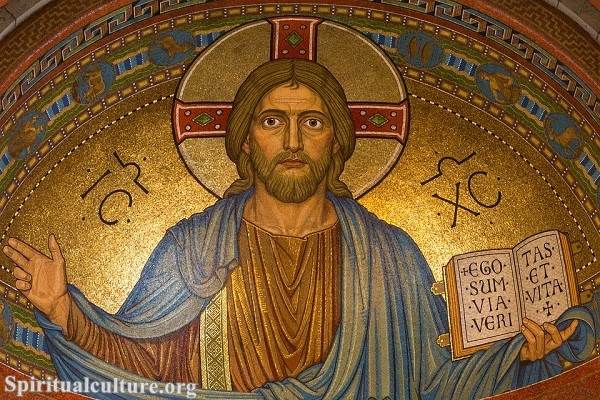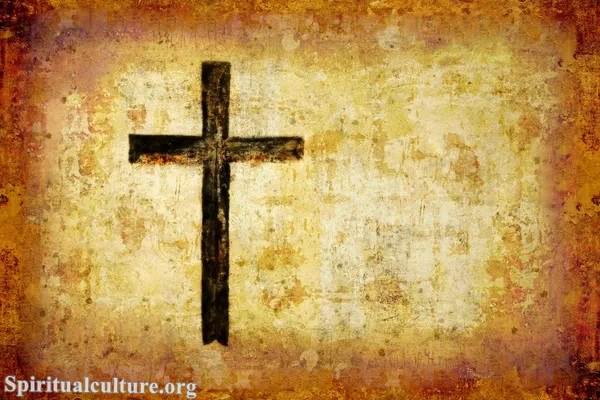In the early 16th century, Europe stood on the edge of a profound transformation. At the center of this upheaval was a single man with a conscience bound to Scripture — Martin Luther. And the event that crystallized his challenge to ecclesiastical power was the Diet of Worms, held in 1521. Despite its unusual name (which has nothing to do with actual worms), the Diet of Worms remains one of the most significant moments in Christian — and world — history.
As “Spiritual Culture,” we invite you to journey into this defining moment — not merely to understand a historical assembly, but to feel the gravity of a soul refusing to recant truth, and a world that would never be the same. Why was the Diet of Worms so crucial? Because it revealed the fragile yet unstoppable power of conviction, conscience, and reform in the face of empire and orthodoxy.
What Was the Diet of Worms?
The Historical Setting: Holy Roman Empire in Crisis
In 1521, Charles V, the newly crowned Holy Roman Emperor, convened an imperial council — or “Diet” — in the city of Worms (pronounced “Vurms”) in modern-day Germany. A Diet was a formal assembly of princes, nobles, and ecclesiastical leaders tasked with discussing matters of state. The empire was vast, fragmented, and rife with religious tension.
And Martin Luther — a monk-turned-reformer whose 95 Theses had sparked theological wildfire across Europe — was the central figure on trial.
Martin Luther’s Challenge to Rome
Martin Luther’s journey to Worms began four years earlier, in 1517, when he nailed his 95 Theses to the church door in Wittenberg. His critique of indulgences and clerical corruption quickly evolved into a theological movement questioning the very authority of the pope and church hierarchy.
His writings — such as The Babylonian Captivity of the Church, On the Freedom of a Christian, and Address to the Christian Nobility of the German Nation — struck at the heart of Catholic teaching. Rome issued a papal bull condemning his works. Luther burned it publicly.
Now, he was summoned before emperor and empire to account for his views.
What Happened at the Diet?
The Confrontation: “Will You Recant?”
When Luther arrived in Worms, he was given safe passage — a protection that echoed back to Jan Hus, who had been promised the same a century earlier and was burned at the stake. The shadows of history loomed large.
On April 17, 1521, Luther was presented with a table of his writings and asked two questions:
- Were these books his?
- Would he recant them?
He acknowledged authorship. But his response to the second question was cautious. He asked for time.
Luther’s Famous Response
The next day, April 18, before the emperor, princes, and cardinals, Luther stood and declared:
“Unless I am convinced by the testimony of the Scriptures or by clear reason — for I do not trust either in the pope or in councils alone… I am bound by the Scriptures I have quoted and my conscience is captive to the Word of God. I cannot and I will not recant anything, for to go against conscience is neither right nor safe.
Here I stand. I can do no other. God help me. Amen.”
These words — possibly paraphrased by later admirers — captured the soul of the Reformation: a single man, armed only with faith and Scripture, standing against centuries of authority.
Why Was the Diet of Worms Crucial?
1. It Marked the Break Between Luther and Rome
Though the Protestant Reformation had already begun in practice, the Diet of Worms formalized the spiritual schism. After the Diet, Luther was declared an outlaw and a heretic by the Edict of Worms. His writings were banned; anyone could kill him without consequence.
But the die was cast. Luther’s defiance echoed across Germany and beyond. What was once a reform movement within the church became a new branch of Christianity: Protestantism.
2. It Elevated Conscience Over Authority
The most profound spiritual legacy of Worms is the elevation of personal conscience — particularly one rooted in Scripture — above institutional authority. This was a theological revolution.
Luther was not advocating relativism or rebellion for its own sake. His conscience was captive to the Word of God. That concept reverberates today: a soul accountable not to the powers of this world, but to divine truth.
This tension between authority and conscience continues to shape religious, ethical, and political debates around the world.
3. It Unleashed a Cultural and Political Earthquake
The Diet of Worms also had massive implications beyond theology. Charles V’s condemnation of Luther triggered a crisis of authority. German princes began to choose sides — some aligning with reform, others with Rome. The empire was now spiritually divided.
This fragmentation laid the groundwork for future wars of religion, but it also encouraged literacy, translations of Scripture, and local autonomy. It accelerated the move from medieval Christendom to modern Europe.
The Power of “Here I Stand”: A Spiritual Reflection
Standing in the Fire of Truth
Luther’s courage was not arrogance — it was surrender. He was not claiming perfection, but obedience to what he believed was divine revelation. His stand was one of humility and fear, not pride.
How often do we shrink back from truth because of pressure, reputation, or fear? Luther reminds us that to follow conscience — rightly formed by love and truth — may cost us everything… but it gains us our soul.
Scripture as Anchor in the Storm
Luther’s defense rested not on personal feeling, but on the authority of Scripture. He knew that the Bible, rightly read, had the power to liberate, challenge, and heal.
Even today, when traditions vary and interpretations differ, the principle remains: God’s word can still break chains, speak light into darkness, and guide the wandering heart.
“The grass withers and the flowers fall, but the word of our God endures forever.” — Isaiah 40:8
Legacy of the Diet of Worms
A World Transformed
The Diet of Worms was not the end of Luther’s journey — but it was the defining crossroads. Afterward, he was taken into protective hiding at Wartburg Castle. There, he began translating the Bible into German — bringing Scripture into the hands of the common people.
From that point forward, Christianity could never be the same. The monopoly of religious interpretation had been broken. The cry of Sola Scriptura (“Scripture alone”) spread like wildfire.
Echoes in Every Generation
The Diet of Worms teaches us that faith is not passive. It demands discernment, courage, and sacrifice. Whether in the courtroom of kings or the quiet struggles of the soul, we too face the question: Will we stand?
This moment echoes in every protest for justice, every reformer who risks everything, every seeker who follows truth where it leads.
What This Means for You
You may never stand before an emperor. But you may stand before moments that test your convictions — moments that demand clarity of soul. The Diet of Worms reminds us that God still calls people to be brave, faithful, and rooted in His word.
What truth is calling you to stand?
What fear must be overcome to honor conscience?
What chains could break if you — like Luther — trusted that one voice, grounded in truth, can still echo through eternity?
Spiritual Culture invites you: Learn, reflect, and act. For history isn’t just something we read — it’s something we live, one choice at a time. And sometimes, that choice begins with these words:
Here I stand. I can do no other. God help me. Amen.


